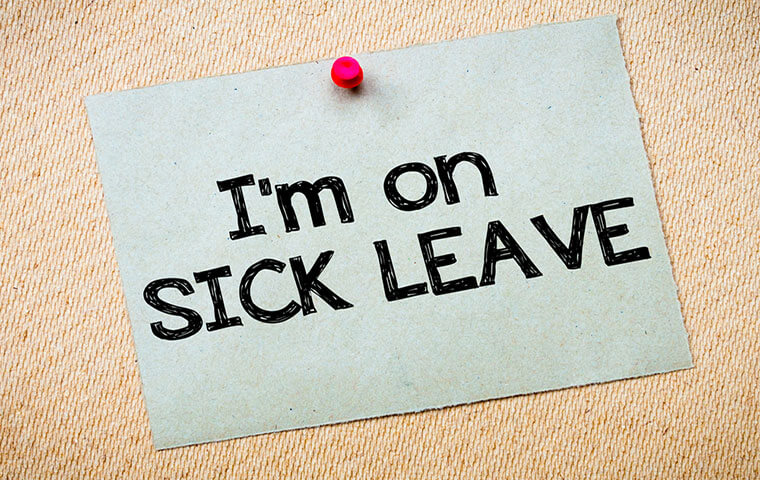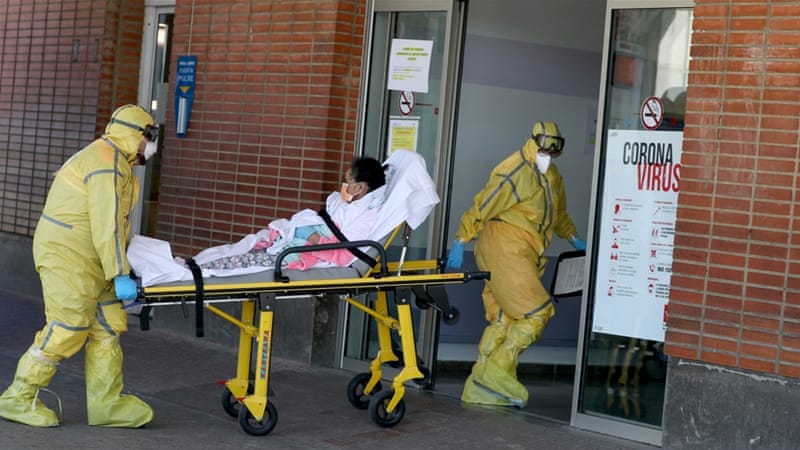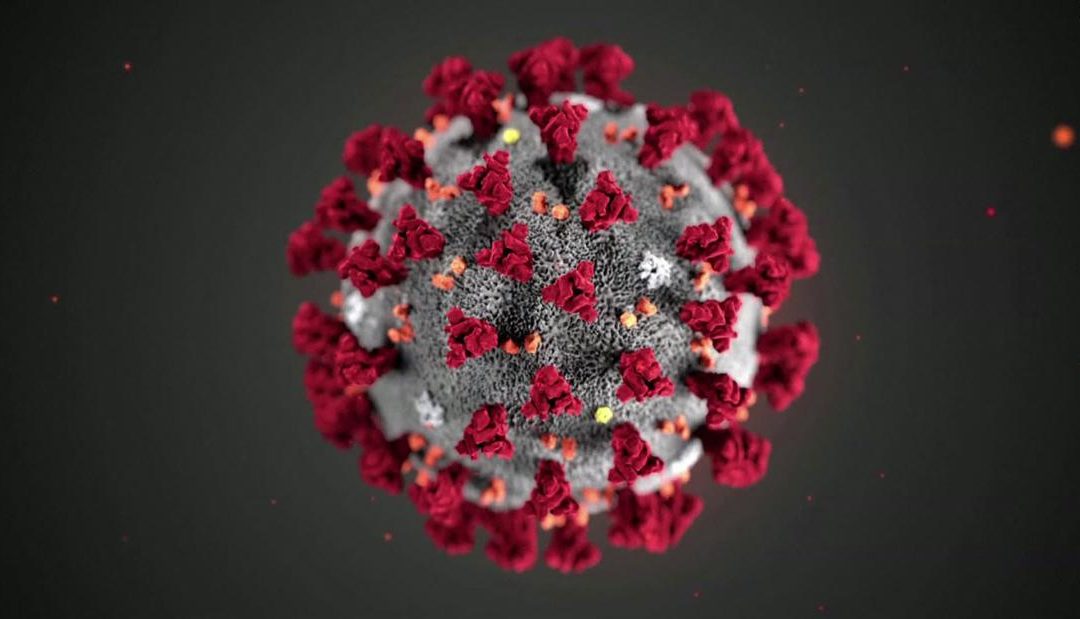Coronavirus (COVID-19) and California workers’ compensation, what you need to know.
Workers’ compensation benefits are available if you contract coronavirus at work. As with any other work injury you will need to prove that you contracted the coronavirus during the course and scope of your work. Employees that are exposed to an increased risk of contracting coronavirus compared to the general public will have a much easier time proving that they contracted the disease at work. Examples of employees at higher risk to contract coronavirus are; nurses, doctors, grocery clerks, flight attendants, dentist, dental hygienist, Amazon warehouse employees, hospitality workers and teachers. Even if you do not work for an employer that puts you at a high rate of exposure, there may still be proof that you contract the virus from your employment. If you believe you have contracted Covid-19 at work, you should call a California Workers’ Compensation Attorney to determine if you have a case.
As insurance companies get flooded with coronavirus related claims, they are going to be looking for clear evidence that employees got sick on the job and not somewhere else. Thus, if you are intending on making a claim it is important that you create a paper trial of your medical treatment and be sure to inform your employer of your illness and work status. If you believe you contracted coronavirus at work you need to advise your employer and request to fill out a DWC-1 form to document your claim.
Regardless of what you do for work, regardless of where you got sick, and regardless of what your legal rights may be, if you are experiencing symptoms of coronavirus, it is important for you to be diligent. You should seek medical attention. If you believe you contracted the virus at work, you need to advise your doctor. You should speak to an attorney at your first available opportunity.
Sadly, the coronavirus presents particular risks for older adults and individuals with certain health conditions. If you have lost a loved one due to the coronavirus, workers’ compensation provides death benefits and you should speak with a lawyer about taking appropriate legal action to secure just compensation for your family.
Because of the extraordinary circumstances surrounding the coronavirus, on March 18, 2020, President Donald Trump signed into law the Families First Coronavirus Response Act (the “FFCRA”). The FFCRA seeks to assist employees impacted by novel coronavirus (“COVID-19”) and applies to employers with fewer than 500 employees.
The Act, among other benefits, provides many employees in the US with up to two weeks of paid sick leave and up to 12 weeks of protected and partially paid Family and Medical Leave Act leave for absences from work to:
- recover from or isolate due to coronavirus;
- quarantine or isolate due to a federal, state or local Order related to COVID-19;
- similar reasons as determined by the Secretary of Health and Human Services;
- care for family members who are recovering from or isolating due to coronavirus; or
- care for children under 18 due to school or day care closures.
The Act also provides federal funding for an additional 26 weeks of state Unemployment Insurance (UI) benefits in those states that experience a 10 percent increase in unemployment over 2019 levels.
A summary of the relevant portions of the 112 page bill and what the benefits mean for employers and their employees is as follows:

Emergency Paid Sick Leave
The Act requires employers with fewer than 500 employees and government employers to provide employees either:
- Two weeks of paid sick leave, paid at the employee’s regular rate of pay, for employees who are unable to work, including remote work, due to quarantining or seeking a diagnosis or preventive care for coronavirus;
- Two weeks of paid sick leave paid at two-thirds of the employee’s regular rate of pay for an employee who is unable to work, including remote work, to care for a family member to quarantine or seek a diagnosis or preventive care for coronavirus, OR to care for a child under the age of 18 whose school has closed, or child care provider is unavailable, due to coronavirus.
Full-time employees are entitled to 2 weeks (80 hours) of paid sick leave and part-time employees are entitled to the number of hours they work in a typical two-week period. If an employer already provides paid sick leave, sick leave under the Act is in addition to existing leave, i.e., the leave under this Act is to be taken before sick leave under the employer’s existing policies. An employer may not require an employee to use other paid leave, e.g., vacation, prior to use of emergency paid sick leave. There is no minimum period of employment required for an employee to receive the benefits of the Act. The amount of paid sick leave is capped at $511 per day or $5,111 in total for time off due to an employee’s own health condition and $200 per day and $2,000 in total for time off to care for a family member or child. Employers are not required to pay out sick leave under the Act upon termination. Employers are prohibited from discharging, disciplining or discriminating against employees using paid sick leave under the Act.
For employees working under a Collective Bargaining Agreement, the bill requires that employers pay into the union Trust plan so that employees are provided with the paid sick leave.
Employers are to fund the paid sick leave and receive a tax credit for the full amount of the benefits paid as discussed below.

Expansion of Emergency Family and Medical Leave
Provides employees of employers with fewer than 500 employees and government employers, who have been on the job for at least 30 days, with the right take up to 12 weeks of job-protected leave under the Family and Medical Leave Act to be used for any of the following reasons:
- To care for a child of an employee who is under the age of 18 if the child’s school or place of care has been closed, or the child-care provider is unavailable, due to a coronavirus.
Paid FMLA begins after an employee uses the two weeks of emergency paid sick leave (or unpaid leave if the employee does not qualify for emergency paid sick leave) and is paid at no less than two-thirds of the employee’s usual pay. The amount paid to an employee is capped at $200 per day or $10,000 in total. As with the emergency paid sick leave, employers pay the FMLA wages and are reimbursed through a tax credit. There is a limited exception to paid FMLA leave for employers of less than 50 who can prove complying with the law will threaten the economic viability of their business.
In a typical workers’ compensation case if your case was accepted by the workers’ compensation carrier and your workers’ compensation doctor indicated you could not work, you would be paid total temporary disability (TTD). The amount of those payments would equal two thirds your gross pay, the maximum amount is $1251.27 per week. If your workers compensation case was denied, you would then apply for state disability (SSDI) through the EDD. Those payments would equal 60% of your gross pay and the maximum weekly amount is $1,252.
Thus, if you contracted the coronavirus at work, an employee should take advantage of Families First Coronavirus Response Act for the first 12 weeks of the illness, since you would be paid your full wages for the first two weeks and then two thirds of your wages for the next 10 weeks without a maximum cap. Thereafter, if you were still ill and unable to work, you could commence workers’ compensation temporary disability benefits.


